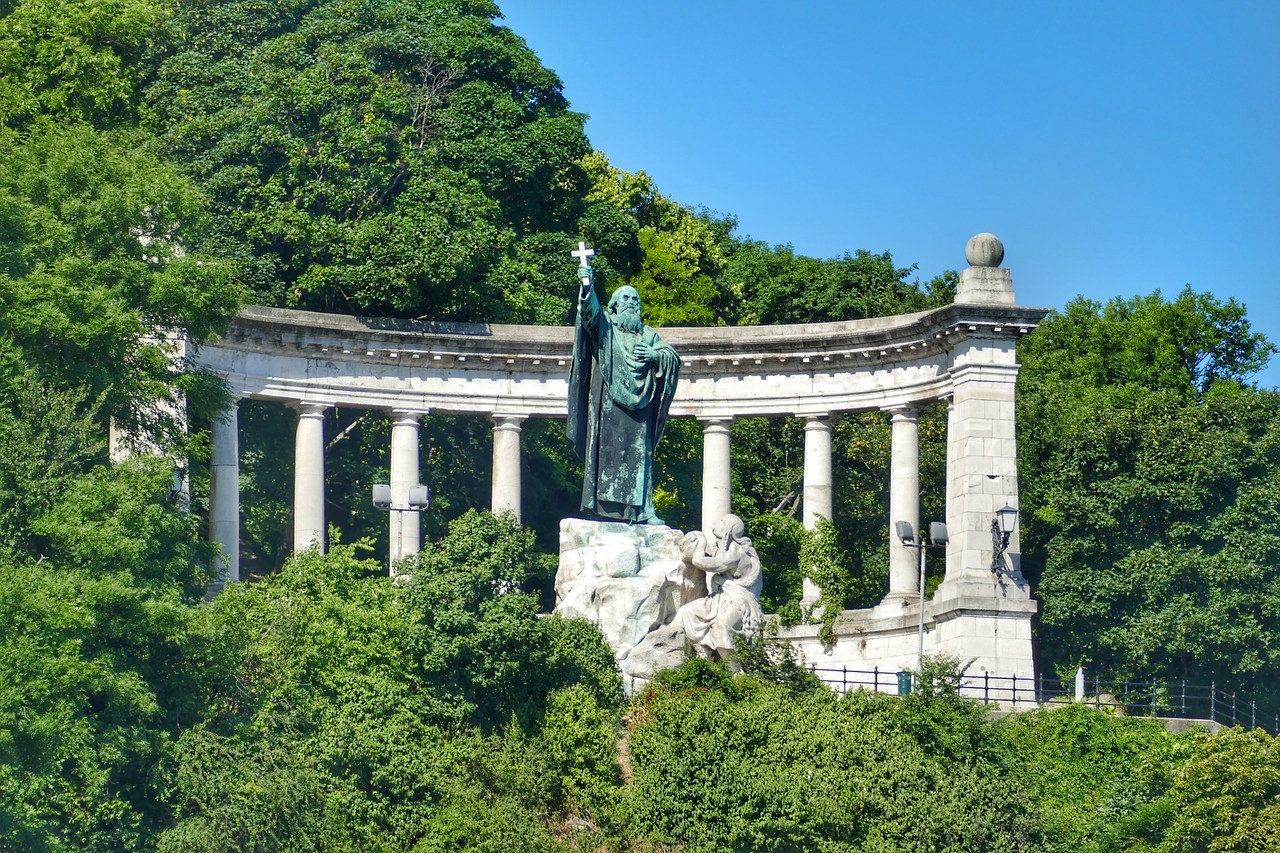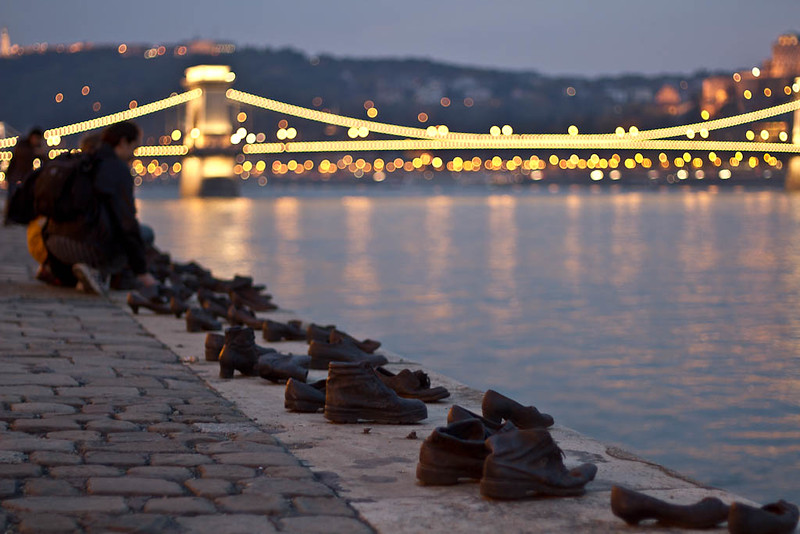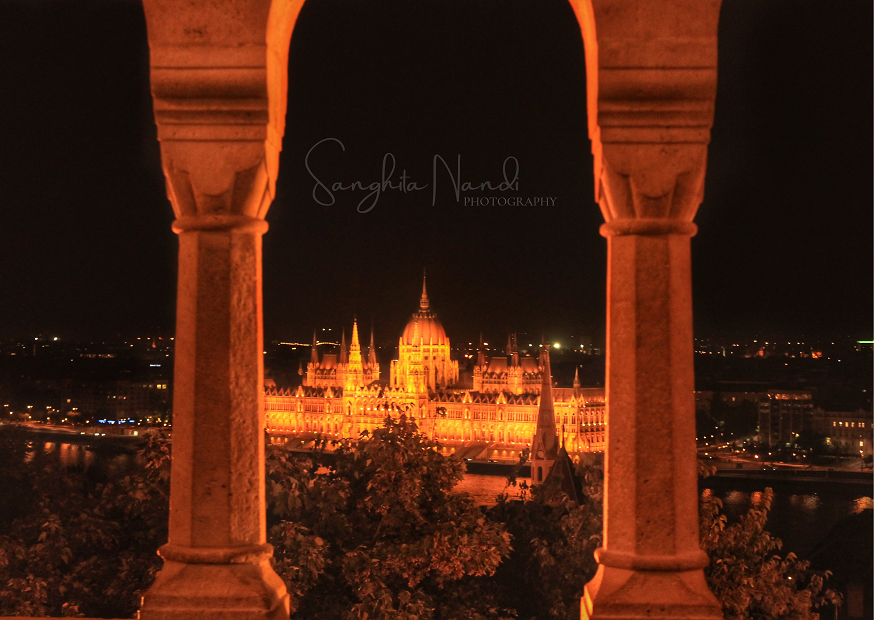Behind the Breathing Walls
On a brisk walk towards Gellert Hill, I debated the decision taken in a searing 40-degree thermal pool, the steam clouding both the bathhouse and my mind.
Balazs, Balazs, Balazs.
I practiced pronouncing his name, the tongue-twisting last letter of Hungarian quite alien to me. His uncanny demeanor had not deterred me from meeting him; his willingness to show me his city winning over my wariness towards the stranger.
The stairs to Gellert Monument were still wet from an afternoon shower when I met Balazs at our rendezvous. Unkempt thickets obscured us from the eyes of bystanders below, while sounds of a nearby waterfall drowned out the cacophonous traffic passing through Erzsebet hid.

As we climbed higher, Balazs told me the tale of Óbuda, Buda, and Pest, three cities that merged into one to become Budapest. The palpable recounting of the gory past of his city, teleported me from one era to another through his words.
One moment I found myself standing amongst an angry mob that threw a saint down this hill; while in the next, I was deported out of my own country, my identity dissolved by the mere signing of a treaty. And then the scene shifted, and I was a witness to the shooting of barefoot innocents on the bank of Danube. The sound of bullets reverberated through the air as the water of the silvery river turned into blood.

It is perplexing how my perspective of visualization changed when faced with an apparent end to my existence. The gruesome plight made it convenient to be a bystander than to be in the shoes of those tormented.
I walked through streets with dilapidated buildings with children peering down windows with expressionless faces. I shouted slogans alongside teenage Balazs demanding my supposed liberators to leave my country. I saw devastation all around me, my city crippled by starvation, torture, mass rape, and slaughter.
As the last piece of the puzzle fit in, I could decipher what was missing in Balazs.
Caught in a vicious cycle of invasions and conquests of strangers for more than two millennia, Balazs, like many of his countrymen, had forgotten the art of smiling. He was wary of me, an outsider in his lands; the walls around him painted with expressions of anguish passed down through the generations.

Balazs was not speaking anymore. Something in the distance had caught his attention that compelled me to follow his gaze.
Far below in the growing darkness of twilight, Budapest was lighting up in a triumphant glow as a flock of seagulls circled the golden dome of the Hungarian Parliament.
I told Balazs how the phenomenon seemed symbolic of a city spreading its wings, standing strong and proud of its freedom.
“Yes, we are,” he said, and then for the first time during the entire conversation, he smiled.
The walls were crumbling.

0 Comments Add a Comment?